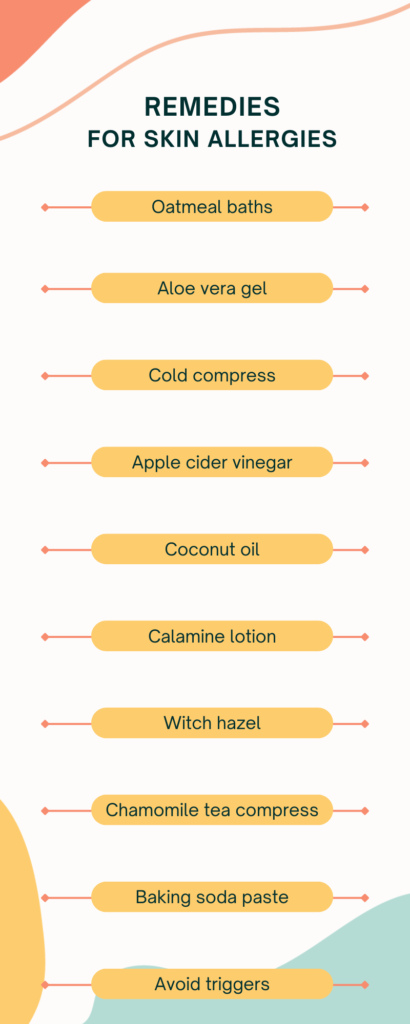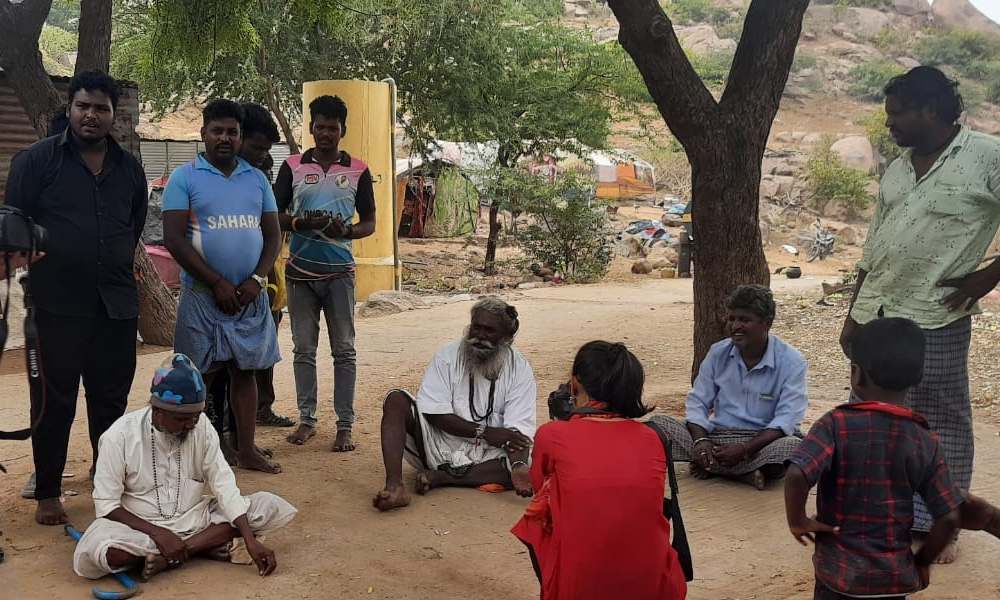Experts say, polluted water and poor drainage system in Devadurga taluk are to blame for the skin ailments that the locals are experiencing.
Skin allergies such as measles, ringworm, rashes, and eczema are on a rise among people of Devadurga, as a result of humid weather and contaminated water according to Dr. Gangadhar, physician from Devadurga government hospital.
Shivram Pujari, a resident of the Yellalinga slum said “Overflowing drainage water that collects around our homes serves as a breeding ground for bugs and mosquitoes as well as a trigger for skin allergies and irritations. We personally experience itching rashes, redness, and pain exposure due to these unhygienic circumstances.”
As per the data by Devadurga taluk hospital, a total of 4,917 cases of different skin allergies were recorded in 2023. In 2022, the recorded number of cases was around 3,000 cases.
Dr. Gangadhar said that village people work in humid conditions for long hours and the sweat promotes the growth of microbes such as bacteria and fungi. He said “Sweat can cause irritation or allergic reactions by combining with germs and fungi that are present on the skin’s surface leading to allergies like eczema, dermatitis, measles and fungal infections.”
There is more moisture in the air when the humidity is high. Allergy triggers such as mold, mildew, and dust mites can proliferate as a result of this excess moisture. When certain allergens come into touch with skin, allergic responses and skin irritation may result, he added.

A practicing doctor from Yelladoddi village, Anand Kumar, said that “Females are more prone to the skin diseases as most of their time goes into household chores and in touch with water.” Most common ones are eczema and fungal infections. All age groups have skin problems, but the problem is rampant in the 30 years to 41 years age group, Anand added.
According to an article, fungal infections can be caused by a variety of factors, including a weakened immune system, poor hygiene, and exposure to contaminated water.
Govind Raj, a water supplier from K. Irabagera village said that most of the time he ignores the allergies as they have become common now. He also said that he has developed fungal infection from continual use of the contaminated water.
Dr. Arun, dermatologist from taluk government hospital said that village people are exposed to contaminated water while washing clothes and taking a bath. The water can irritate the skin and cause allergies. The skin’s protective barrier can be disrupted and its natural oils stripped by chemicals like chlorine, which are frequently used to disinfect water, causing dryness, irritation, and inflammation.
Dr. Pratiksha Jain, Dermatologist, from Sparsh Hospital, Infantry Road, Bangalore said that in villages, people use traditional remedies to treat diseases. While some traditional treatments may offer relief, others worsen the condition, and delay proper medical care, she said.
“Doctors in villages should support programs aimed at educating the public about common skin allergies, their causes, and ways to avoid them. This includes planning community outreach initiatives, offering education to people, and working with healthcare professionals and local authorities,” said Pratiksha.




